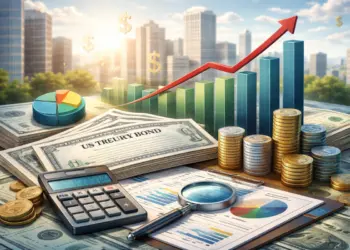WeWork, a former office-sharing giant, has filed for Chapter 11 bankruptcy in New Jersey, with a focus on restructuring and cutting non-essential leases.
This bankruptcy move pertains only to WeWork’s US and Canada locations, with reported liabilities ranging from $10 billion to $50 billion.
WeWork’s CEO, David Tolley, appreciates the support from financial stakeholders and emphasizes their commitment to investing in products and services while restructuring.
WeWork’s fall from grace has been dramatic. Once valued at $47 billion in 2019, it unsuccessfully attempted to go public five years ago.
The pandemic added to their troubles as clients terminated leases due to COVID-19, and economic downturn forced further closures.
The company hinted at bankruptcy concerns in an August filing. In 2021, it went public through a special purpose acquisition company but has since lost nearly 98% of its value. A 1-for-40 stock split was announced to meet NYSE listing requirements.
WeWork shares plummeted, halting at around 83 cents.
Co-founder and former CEO Adam Neumann expressed his disappointment, believing that with the right strategy and team, WeWork could recover.
As recently as September, the company was renegotiating leases, emphasizing its determination to stay afloat.
WeWork operates in 777 locations globally, leasing millions of square feet of office space.
Legal guidance for WeWork’s bankruptcy comes from Kirkland & Ellis and Cole Schotz, with PJT Partners serving as the investment bank, supported by C Street Advisory Group and Alvarez & Marsal. The company is set on emerging stronger from bankruptcy and maintaining its presence in the flexible office space industry.
For more insights into financial news, stay connected with ImpactWealth.org. As WeWork navigates its bankruptcy and restructuring journey, it serves as a reminder of the dynamic nature of the business world. Keep following ImpactWealth.org for updates on this evolving story and more, as we explore the profound impacts of financial decisions on businesses and investors.
Also read: Three Reasons the World’s Billionaires Buy Gold in Good Markets and Bad

















